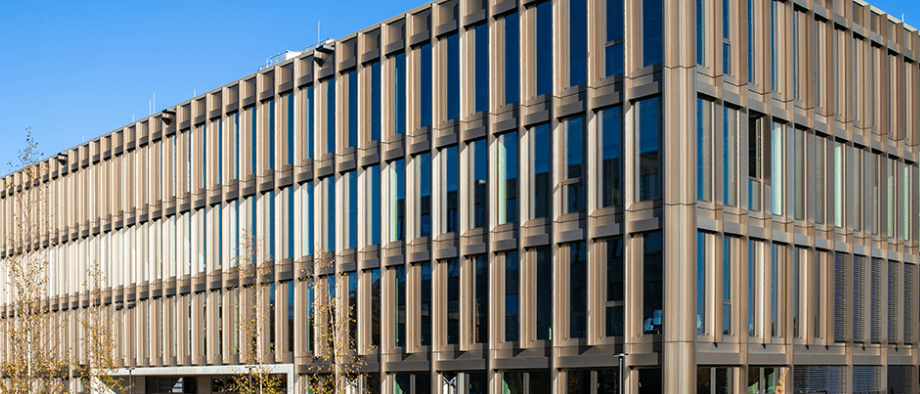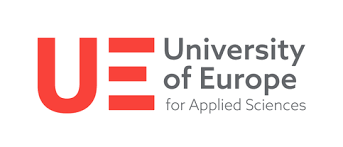

University of Europe for Applied Sciences (Innovation Hub)
Photography
Study detals
: Master's degree : MA in Photography : Full time : 12/18 or 24 MonthRequirements
Admission Requirements
- HIGH SCHOOL/ BACHELOR DIPLOMA AND TRANSCRIPT
Undergraduate degree (Bachelor’s, MBA, or Master) officially translated to English or German - CURRICULUM VITAE (CV) (Dated & Signed)
- COPY OF PASSPORT (SCANNED)
- MOTIVATION LETTER (MIN 500 WORDS)
- PORTFOLIO - Your Portfolio should consist of at least 20 photos. It is particularly desirable to see from the selection of images, that the applicant works on a thematically coherent series.
Important: In the application phase, you must have already decided on which of our degree programmes you would like to study. However, please note that you may change programmes at a later time if desired. - LANGUAGE PROFICIENCY
English language certifcate
– IELTS 6.0 overall / B2 Level
– TOEFL iBT72
– TOEFL ITP (paper based) 543
– Pearson Test of English (Academic) 59
– Pearson Test of English (General) Level 1
– Cambridge English Advanced and Proficiency 169 overall
– Cambridge Exam First (FCE) B2 CEFR = First (FCE), 160
– TOEIC Listening 400, Reading 385, Speaking 160, Writing 150
– PASSWORD 6.0
– EF SET (50-minute Test) 60 (only for students applying with a MOI letter)
– Duolingo 105
Additional information
Mastering Moments, Illuminating Futures.
Study programme & career
The Master’s in Photography programme is a dynamic, project-focused degree tailored for students with a background in photography, art, or design. Over the first two semesters, you’ll engage in interdisciplinary, project-based courses such as Concept & Context, Identity & Culture, and Professional Photography Practice, gaining a comprehensive understanding of both the practice and theory of photography.
With this master’s degree, you’ll be well-prepared to thrive as a freelance photographer or artist, or to take on leadership roles within agencies and companies. You’ll gain the expertise to work in interdisciplinary, international teams across diverse settings, including art institutions, design agencies, advertising, publishing, magazines, galleries, and the film and media industries.
Career paths are varied and include roles such as editorial and commercial photographer, artist, art buyer for advertising agencies, picture editor for print and digital media, photography educator, curator, or gallerist. The Master of Arts qualification also opens doors to academic careers, allowing you to pursue further qualifications like a doctorate or post-doctorate.